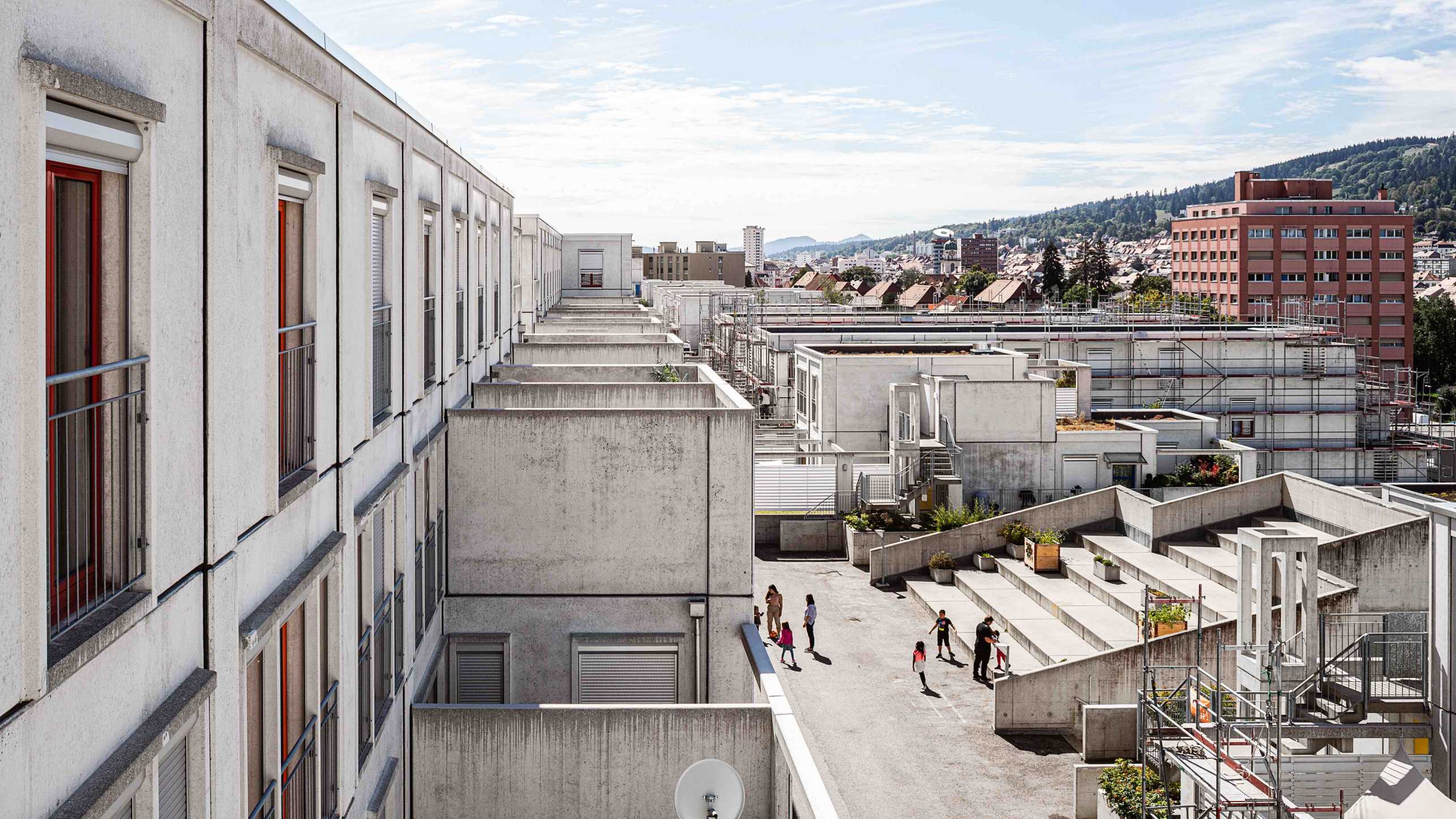Baukultur. Research on alternative projects and instruments

Baukultur considers the entire designed built space as a unit. It includes buildings and landscapes, architectural monuments and cityscapes, as well as streets and squares, villages and towns. The necessary planning and construction processes are also part of Baukultur, along with discussions in scientific research and the media.
The Davos Declaration on Baukultur, adopted in 2018 at an informal conference of culture ministers, is an important milestone in politically and strategically anchoring the goal of a high level of Baukultur in Europe. It forms the basis for the Davos Quality System for Baukultur, published by the Swiss Federal Office for Culture (BAK) in 2021. In the Action Plan Strategy Baukultur Aktionsplan 2024–2027, adopted by the Federal Council in December 2023, an interdepartmental working group led by the Swiss Federal Office for Culture formulated seven objectives that contribute to a high level of Baukultur.
The aim of this research project is to compile a collection of examples of alternative approaches (a) in practice and planning in the fields of spatial, urban, and local planning, (b) the promotion of social cohesion, and (c) housing supply and regulation. The identified projects and instruments in Switzerland and the EU countries are characterized by alternative concepts for the flexible use of open spaces and buildings. IN addition, they propose new housing models, conceptual urban development and spatial planning instruments, as well as unconventional financing instruments.